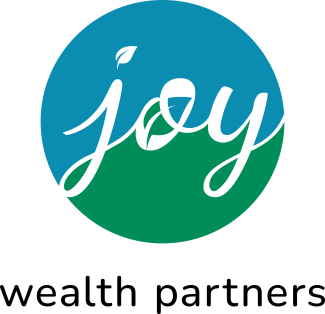
Right is Good, Good is Better - 1
Talking to a prospective client recently, I recommended, “You should talk to a couple of other financial planners so you can compare. If you’d like, I’ll introduce you to two or three." I could be wrong, but nothing obliges me to send a prospective client to potentially become the client of a competitor. My recommendation wasn’t preplanned. It was spontaneous. But it was practiced, I had done it before.
My motive for directing a prospective client to another financial planner is to do a little good. It is good in the sense that it is not about me, but rather about others and their interests. In other words, the prospective clients would be better off and best served if they could find a financial planner that would be the best fit for their needs and personality. The fact is, that best fit is likely to be with a planner other than me.
The financial planning profession abounds with regulations and codes of ethics. As it should. Client money – hard-earned – is at stake. Exhortations include, for example, “know your customer,” serve their best interest, and avoid conflicts of interest. I would describe most of these as helping or ensuring financial planners like me not do good but do right. Doing right in turn mostly boils down to, do no harm.
It’s understandable why regulations and professional codes of ethics center on the idea of do no harm. That’s because it’s easier to prescribe the boundaries beyond which there could be harm. In contrast, it’s harder to imagine, let alone prescribe, all the possible ways of doing good. Besides, doing harm, even if the motivation is virtuous, can be costly to a planner and their firm reputationally, legally and financially.
I’m not suggesting that doing good can substitute for doing right. Doing right is necessary, full stop. That’s where regulations and codes of ethics begin. And mostly end. And they can fall short because they're about avoidance.
Doing good is always proactive, never passive or to avoid. It’s always about relationships. It has little to do with us and much to do with others. It’s about caring, compassion, service, and altruism.
The contrast between doing good and doing right is worthwhile. For example, I could remain holed up in my home, have little to no contact with others, whether in "real life” or online. I would be and likely continue to do no harm. Yet I’d also be doing little to no good. Again, doing good is all about relationship, whether with nature, other life, or other people.
I see this contrast between doing right and doing good in two versions of the golden rule. One is stated in the negative and can be found in the Confucian and other traditions. "Don’t do to others what you wouldn’t have them do to you.” (己所不欲勿施于人) There’s the positive version found, for example, in the New Testament, “Do to others what you would have them do to you.”
Put these two side-by-side and you might even feel the difference as you read them.
|
“Do to others what you would have them do to you.” |
“Don’t do to others what you wouldn’t have them do to you.” |
|
(Interpretation: do good) |
(Interpretation: do no harm, do right) |
We are in a moment in history when the stakes of our ethical choices are high. There are threats from climate change and anti-democracy forces, to name two. In this global context, how I work with prospective clients is inconsequential. Rather, it is past time that more people do good. Yes, it starts with me. While doing right is good, doing good is better, I believe, for us, our grandkids, and their grandkids.

